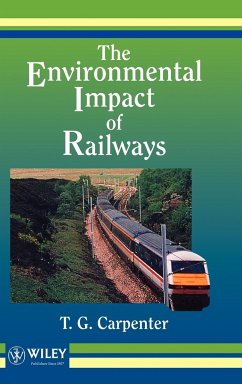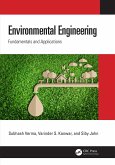A renaissance in railways and the formal recognition of environmental priorities are both features of the last quarter of the twentieth century, but relatively little has been published about the individual and collective environmental impacts of railways. There is an urgent need to address the subject comprehensively. New railways are being planned in many countries and environmental assessment has become an essential element of planning. Most of the impacts of railways have existed for well over a hundred years and many of these continue to be relevant today. Some new issues, such as the operation of very fast trains or the routeing of tracks to carry them, require special attention. This book brings together the main planning and management issues concerning the way railways, established, newly-constructed, or upgraded, have an impact on the environment. It provides a step-by-step assessment of how the engineer, planner, environmental manager, transport specialist or railway operator should approach the resolution of railway development taking into account environmental priorities and the regulatory framework. Tom Carpenter brings a lifetime of first-hand management and consultancy experience to produce the first modern treatment of this important topic. Contents I. Railways and Planning Introduction Environmental planning Railway planning Passenger traffic Freight II. Impacts on People Social impacts and public perception Noise and vibration Pollution Visual impacts Construction III. Impacts on Resources Resource use and route selection Residential, commercial and productive land Nature conservation Heritage and amenity Railways in scenic landscape Environmental evaluation of land resources IV.Planning for the Twenty-first Century Environmental rail transport solutions
Hinweis: Dieser Artikel kann nur an eine deutsche Lieferadresse ausgeliefert werden.
Hinweis: Dieser Artikel kann nur an eine deutsche Lieferadresse ausgeliefert werden.








